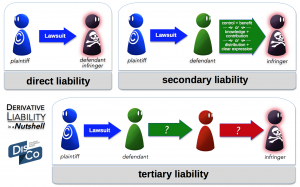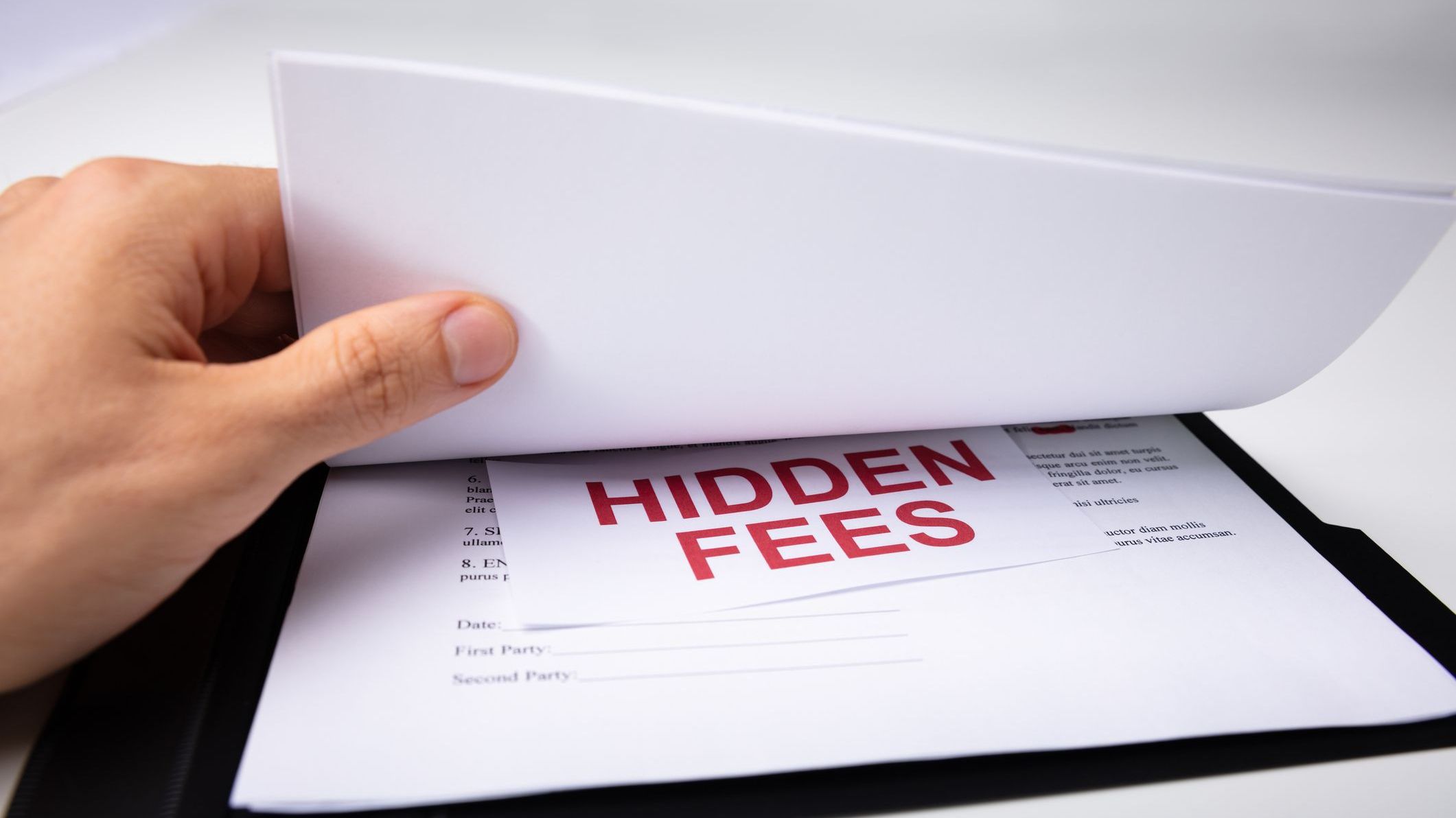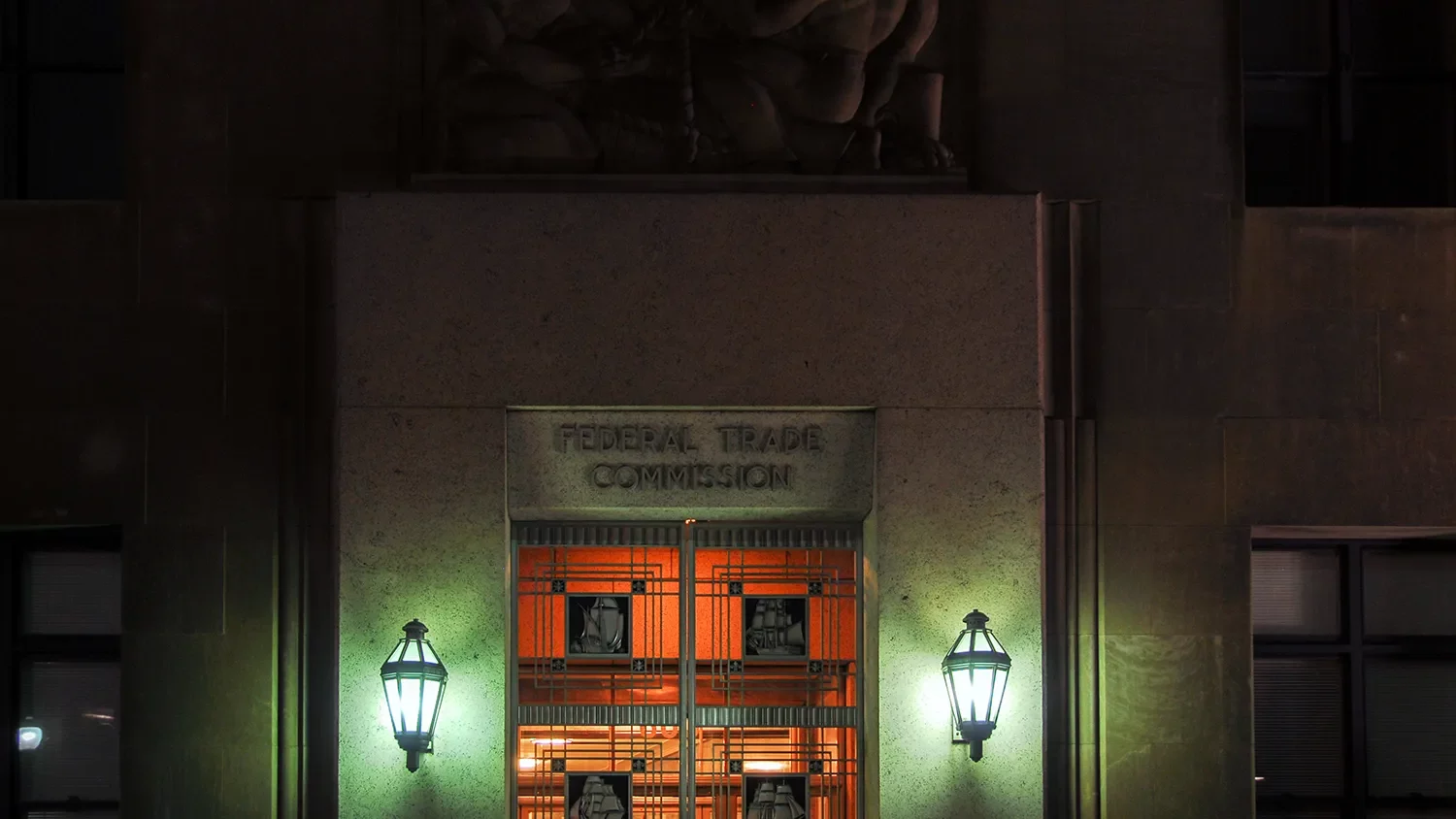Legal Observations on CBS, CNET, and the DISH Hopper

We’ve written several posts on the DISH Hopper dust-up, but to recap: CBS owns the popular tech site CNET, whom it forced to retract an award given to the best product from the recent 2013 Consumer Electronics Show (CES). Why? Because CNET granted the Best of CES award to the DISH Hopper product, a product that CBS and other networks were suing DISH over, on the grounds that its service constituted copyright infringement. As Rob described, initial reports implied this came from the legal division, which prompted a round of ‘typical lawyer nonsense’ eye-rolling. Subsequent developments indicated that the decision had not come from the Wet Blanket Department at all, however, but rather directly from CBS CEO Les Moonves.
DisCo has yet to give this kerfuffle any legal analysis, and this post admittedly only scratches the surface. At Hollywood Reporter, Eriq Gardner previewed the questions that IP and tech watchers have been pondering: does CBS meddling in CNET reporting now undermine its ability to argue that it should not meddle in CNET reporting on other subjects?
The prime example, noted in Gardner’s article, involves Download.com. After CBS acquired CNET along with CNET’s website, Download.com, CBS was sued for making available peer-to-peer software, including BitTorrent applications. If you do not immediately grasp the connection between CBS and P2P apps, worry not.
In short, the allegations in the suit are:
- CBS controlled CNET, which ran the website Download.com. Download.com is a software distribution platform, ancient by Internet standards (1996), which reviews and makes available freeware, shareware, and trial versions of software.
- Among the thousands of applications that Download.com made available were file-sharing applications, and among the applications that Download.com editors reviewed were BitTorrent applications.
- Individuals downloaded and then allegedly used these BitTorrent applications to infringe copyright. And thus CBS should be held responsible, the theory goes, for those end-users’ infringement.
Presently, judge-made rules do allow for plaintiffs to hold non-infringers responsible for the acts of other infringers under certain circumstances: this is called “secondary liability.” In these special cases, judges have decided that it is in the broader interest of protecting copyright to penalize non-infringers for the misconduct of third parties. (Thus, this notion is sometimes confusingly referred to as “third party liability.”)
Copyright Secondary Liability Doctrines
These rules vary across different species of IP, but in copyright, secondary liability rules manifest as two common-law doctrines: (1) vicarious liability and (2) contributory infringement, the latter of which came before the Supreme Court in 2005 in the Grokster case and wound up being repackaged as inducement.
A party can be vicariously responsible for infringement by someone else when the non-infringer (1) had the right and ability to control the infringer’s conduct, and (2) derived some benefit from the conduct. The classic example of vicarious infringement is a photocopy shop. The FedEx clerk is entitled to look over your shoulder to ensure that you respect copyright law, and the shop would also benefit from your use of the copier to infringe, as you must pay for the copies you make. That copyright notice hanging over the photocopier in the FedEx store is partially an effort to avoid vicarious liability.
Contributory infringement is where the non-infringer has (1) knowledge of the infringement, and (2) makes a material contribution to it. Inducement liability – often viewed as a species of contributory infringement – is where one takes active steps to foster direct infringement by another. Inducement, the Supreme Court explained in Grokster, requires (1) distribution, and (2) “premises liability on purposeful, culpable expression and conduct.” In that case, the defendant wrote and distributed software, and specifically explained how it could be used to infringe copyright.
Secondary Copyright Liability in David et al. v. CBS Interactive
The allegations against CBS about BitTorrent advanced multiple theories of secondary liability. Some scholars, like Eric Goldman, argued that the plaintiffs were in actuality alleging tertiary liability (i.e., an attempt to hold non-infringers CBS/CNET et al. responsible for the conduct of other non-infringers (the BitTorrent client developers) who could have controlled the behavior of other infringers (the end users)).
On July 13, however, District Court Judge Dale Fischer threw out the vicarious and contributory claims, but refused to dismiss the plaintiffs’ inducement claim against CBS. By permitting this claim to go to trial, the judge essentially treated CBS, CNET, and Download.com as interchangeable with the BitTorrent client developers, since all were – in the court’s view – engaged in “distribution” of the software, regardless of the fact that CNET was a third party platform. This holding prompted a bit of what Harold Feld has aptly called cassandrafreude: having supported expanding copyright laws in the face of criticism that such penalties could be improperly brought to bear against lawful companies, CBS suddenly found itself to be just such a victim.
To the extent this constitutes tertiary liability, it represents a new frontier. Courts have thus far refused to cross this line, perhaps in part because there is no clear stopping point once we accept three degrees of blame-shifting. (Indeed, why not six?) In addition, as noted in the illustration, it is not clear what standards would apply to the secondary and tertiary parties in a tertiary liability case. For example, CNET’s utility company benefited from providing CNET with electricity while people were downloading BitTorrent; should it too be responsible?
Copyright Implications of CBS Interfering with the Hopper Award
As both Dan’s previous post and Techdirt point out, CBS had claimed in the Download.com dispute that it would compromise CNET’s editorial integrity for the parent to nix product reviews, only to interfere quite aggressively over the Best of CES award.
The ‘editorial independence’ defense failed, however, before Judge Fischer. In his ruling on CBS’s motion to dismiss, he discounted entirely the argument that a finding of liability would compromise First Amendment interests. The CBS organization could reasonably host the content, or review the content; it was only by doing both that it met the necessary elements of inducement. The upshot of this ruling is that editorial independence may be necessary for journalistic ethics, but it is not a legal safe harbor. (Whether it should be is a different post.)
Having failed to prevail on the journalistic integrity argument before the district court, the fact that CBS’s actions here torched that integrity may prove inconsequential. The Hopper incident might compromise CBS’s credibility before a jury, should this dispute go to trial as scheduled next year. One must consider, however, that the Download.com suit was itself retaliation for a suit brought by CBS against David’s company, FilmOn. The David plaintiffs flatly accused CBS of hypocrisy in the first paragraph of the complaint. Perhaps this incident plays into the driving theme of David plaintiffs, but it is questionable whether the episode will impair CBS’s credibility as a litigant substantially more.
Similarly, this incident might impair CBS’s First Amendment argument on appeal, should one occur, but in fairness this was a long-shot argument. The Supreme Court has ruled twice – in Eldred v. Ashcroft and Golan v. Holder – that copyright already contains built-in safety valves: fair use and the idea/expression dichotomy. To argue that an inducement finding here produces First Amendment concerns is essentially re-arguing the 2005 Grokster decision.
Ultimately, stomping on the DISH Hopper award has cost CBS substantially, as the media company has lost credibility, outstanding reporters, and produced a Streisand Effect. At present, the company’s litigation position in the David case does not seem to be a victim of CBS’s heavy editorial hand.









